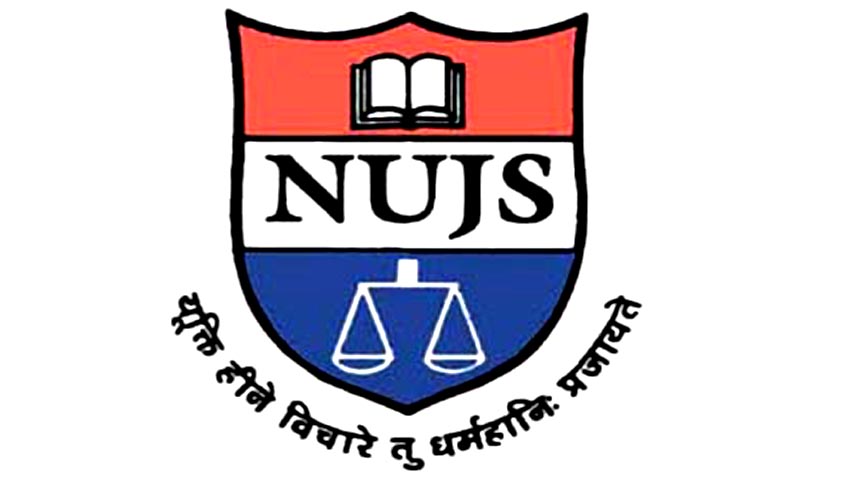- West Bengal
- (+91)33-23
- Click to view website
The West Bengal National University of Juridical Sciences
Year : 2000 category : National Law University
Description:
The West Bengal National University of Juridical Sciences was established under the WBNUJS Act, 1999 (West Bengal Act IX of 1999) adopted by the West Bengal Legislature in July, 1999. The University was notified under Clause (f) of Section 2 of the UGC Act, 1956 in August 2004 and has been granted permanent affiliation by the Bar Council of India in July 2005. NUJS is considered one of the best amongst the elite national law schools in India built on the five-year law degree model proposed and implemented by the Bar Council of India. The Chief Justice of India is the Chancellor of NUJS and is also the Chairman of the General Council, the supreme policy-making body of the University. Prof. (Dr.) Nirmal Kanti Chakrabarti is the Vice Chancellor of the University. The objectives of the University, inter
alia, are to: advance and disseminate learning and knowledge of law and legal processes and their role in national development, promote legal knowledge and to make law and the legal process efficient instruments of social development, develop in the student and research scholar a sense of responsibility to serve society in the field of law by developing skills with regard to advocacy, legal service, legislation, law reforms and the like, and promote interdisciplinary study of law in relation to management, technology, international cooperation and development. In furtherance of this mission, the University seeks to incubate innovative approaches to legal education and profession and prepare students for leadership roles not only in legal profession but also in a wide range of social institutions, including government, politics and business so as to further the University's many roles in contributing to decisionmaking in national and international institutions. These mission objectives are served through an academic programmme, characterized by academic rigour and interdisciplinary teaching and research. The curriculum content and design encourage students and faculty to transcend
disciplinary boundaries by tackling complex and vexing problems facing the legal community in their social and political, local, national, and global, context and view law as a social institution

